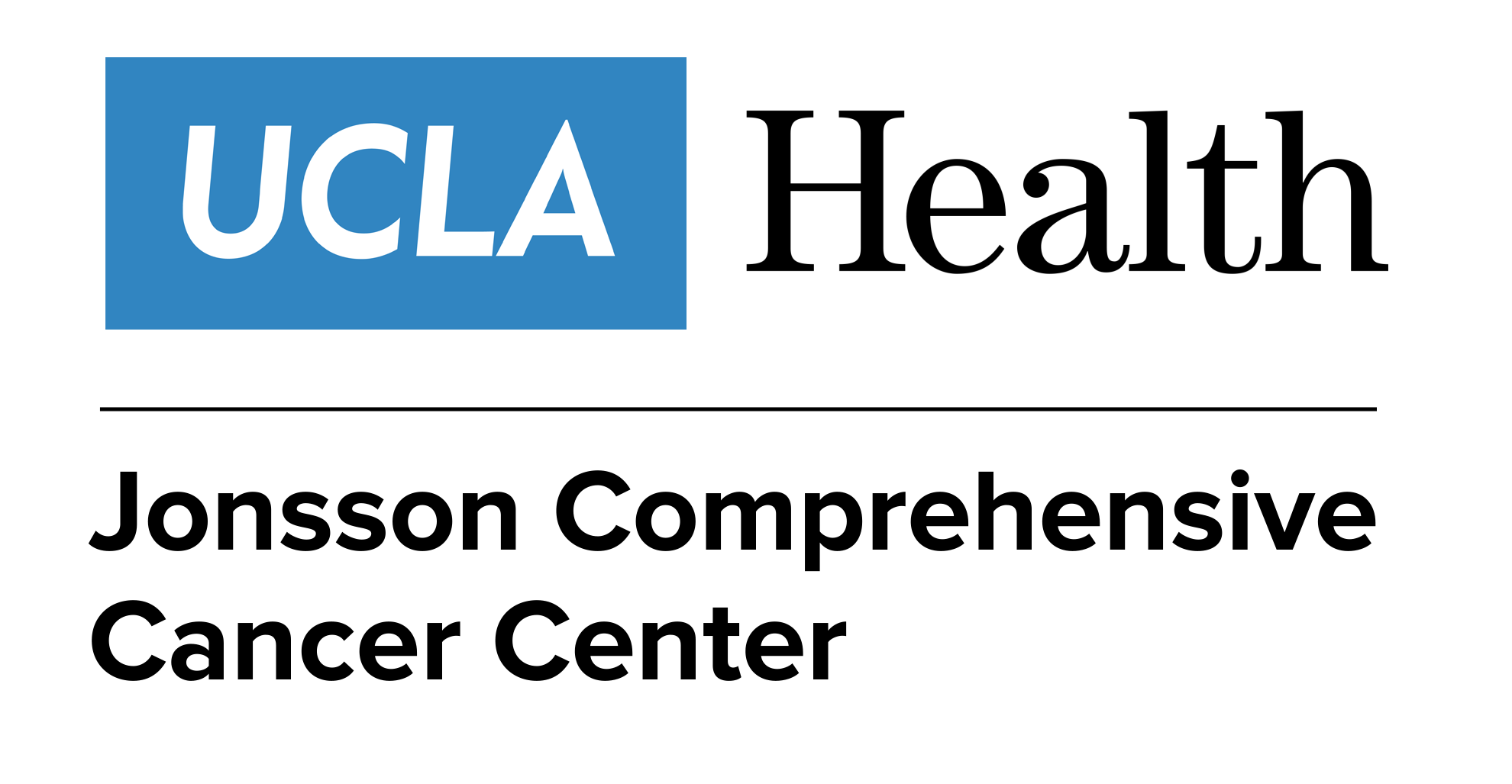- Advertise
- About OncLive
- Editorial Board
- MJH Life Sciences brands
- Contact Us
- Privacy
- Terms & Conditions
- Do Not Sell My Information
2 Clarke Drive
Suite 100
Cranbury, NJ 08512
© 2025 MJH Life Sciences™ and OncLive - Clinical Oncology News, Cancer Expert Insights. All rights reserved.
Dr. Hurvitz on Standards of Care in HER2+ Breast Cancer
Sara A. Hurvitz, MD, director of the Breast Oncology Program, medical director of the Clinical Research Unit, University of California, Los Angeles Jonsson Comprehensive Cancer Center, discusses the first- and second-line standards of care in HER2-positive breast cancer.
Sara A. Hurvitz, MD, director of the Breast Oncology Program, medical director of the Clinical Research Unit, University of California, Los Angeles Jonsson Comprehensive Cancer Center, discusses the first- and second-line standards of care in HER2-positive metastatic breast cancer.
The number of therapies currently in development is phenomenal, Hurvitz says, but it is going to take a highly active agent to challenge the established gold standards in the frontline and second-line settings. In the frontline setting, the combination of trastuzumab (Herceptin), pertuzumab (Perjeta), and a taxane has yielded a median overall survival of about 56 months. That is a survival benefit of almost 5 years, Hurvitz notes, quite a threshold for a new therapy to beat.
Similarly, in the second-line setting, the use of ado-trastuzumab emtansine (T-DM1; Kadcyla) has led to encouraging responses when compared with lapatinib and capecitabine, a combination that has garnered attention in recent studies. With that being said, drugs like trastuzumab deruxtecan (DS-8201) seem up to the challenge based on early data. There could be a new standard of care in the next 4 to 5 years, Hurvitz concludes.
Related Content:





